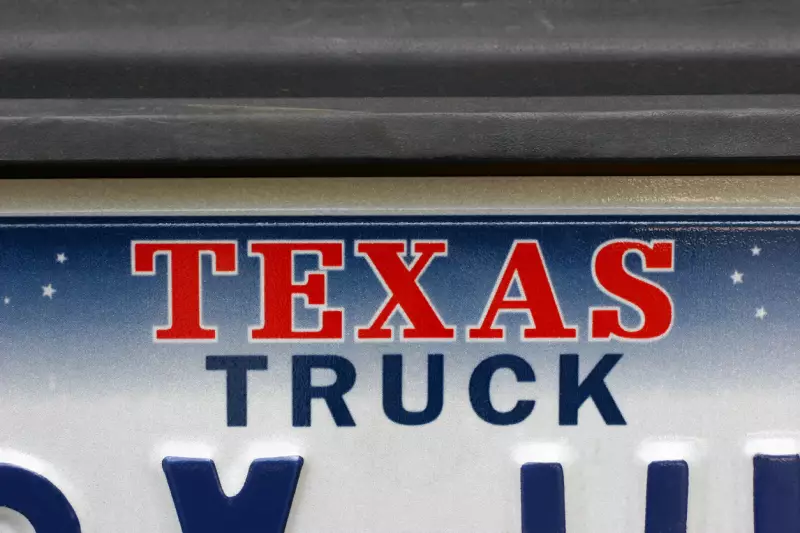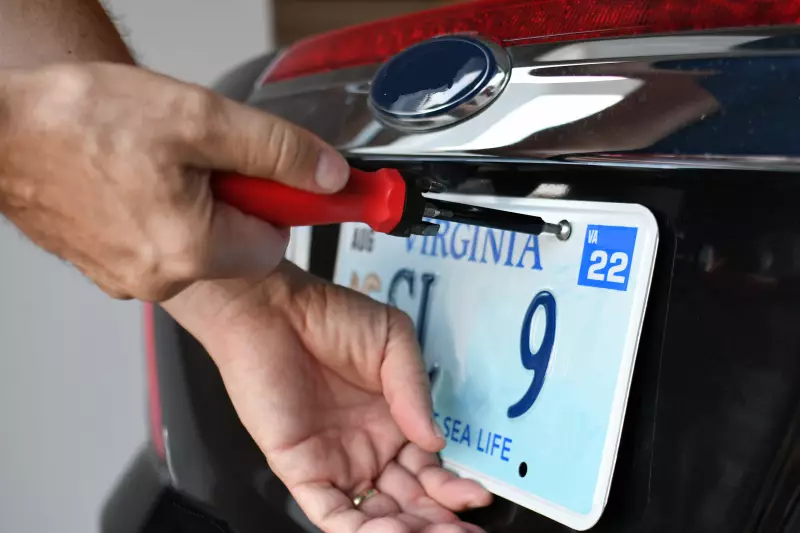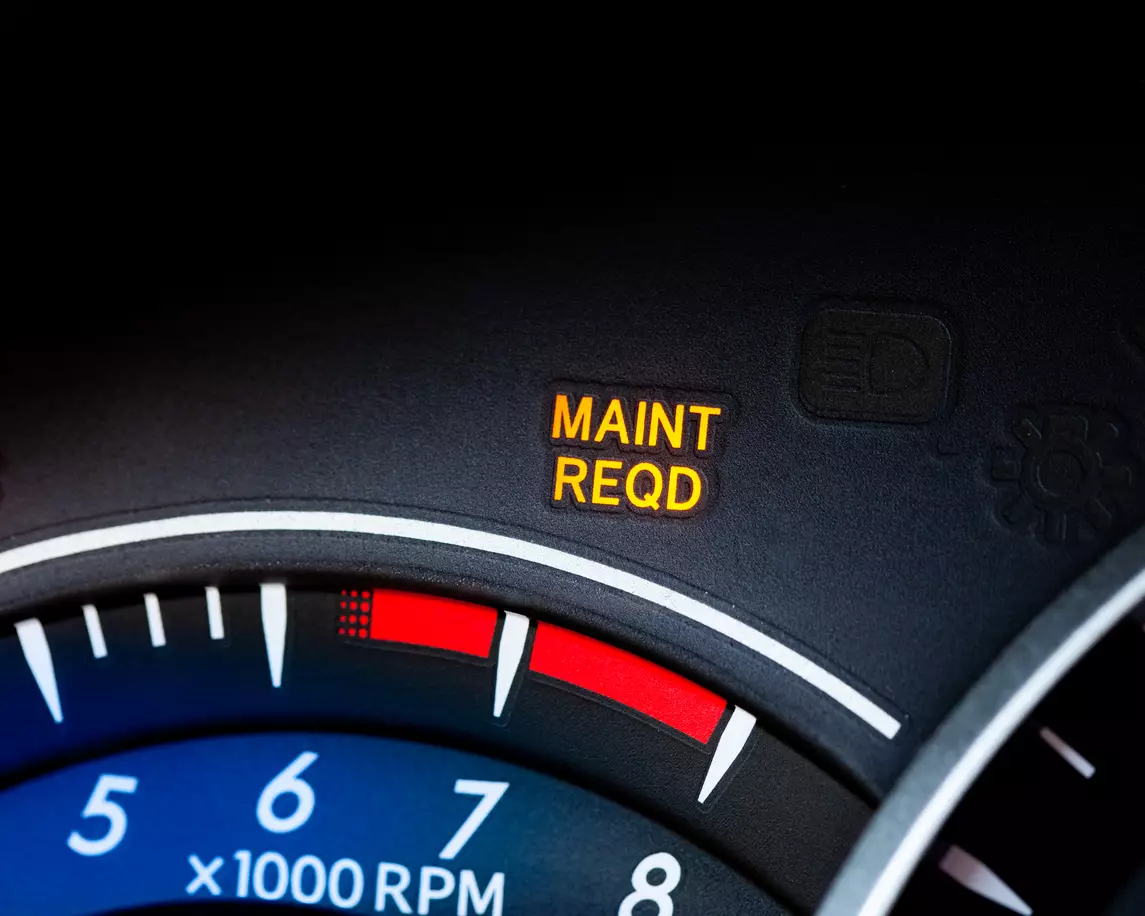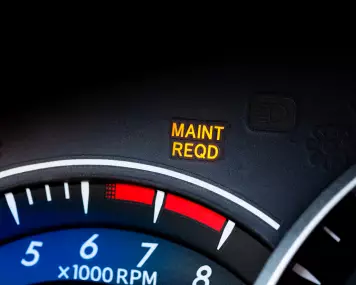Individuals are typically required to be in the same state where they register their vehicles. Most states require new residents to get a driver’s license within 30 days, which is presented as proof of residency when registering the vehicle. However, this may not always be the case. People who have two homes in different states can technically register a vehicle in the location where they drive the most or even both states.
Can You Register Your Car in Another State?
Depending on the person’s circumstances, they might have a valid reason to register a vehicle in a state they do not live in. For example, drivers in two states may register their vehicles in the state they drive the most. Similarly, students who attend college out of state can also remain registered in their home state utilizing their parent’s or guardian’s home address. Similarly, active duty service members of a temporary assignment in another state can keep their car registered in their home.
What States Allow Non-Resident Vehicle Registration
California
California is one of the few states allowing a nonresident vehicle owner to operate it without obtaining California registration. That is if the vehicle is registered in the owner's residence and has valid license plates given by that state. These exemptions do not necessarily apply if the nonresident rents, lends, leases, or furnishes the vehicle to a resident for regular utilization. Any vehicle that is also equipped for regular use by California residents has to be registered within 20 days after the initial operation of the vehicle within the state.
It is also worth noting that nonresident vehicles are required to comply with California’s emissions standards. New California non certified vehicles must either have the state’s emissions equipment or be certified to the federal emissions standards to get an exemption.
The nonresident registration of a vehicle does not have an expiration date, but it will expire within a year from the date it was first used in California. The fees are due immediately and will be paid in 20 days if the owner gets employed or becomes a full-time resident of California.
Delaware
Delaware statutes allow nonresidents to register a vehicle within the state, provided they meet particular requirements. Applicants would have to provide the following documentation to any DMV. That includes a copy of registration and insurance on the vehicle within the state. They also have to give proof of insurance and two proofs of address where the car to be registered will be garaged in Delaware. This is postmarked within 60 days of the date of application. The vehicle also has to pass Delaware inspection requirements and pay titling and registration fees. That said, individuals must obtain a Delaware driver’s license within 60 days of establishing residency following a recent move to the state. To register the vehicle, applicants should appear in person at the DMV offices in New Castle, Dover, or Georgetown. Present the required documentation to the agent and pay the necessary fees.
New York
New York allows nonresidents to register vehicles from out of state by mailing applications and the required documentation to a local DMV office. Documentation may also be presented in person. That includes proof of ownership, identification, insurance, and completed out-of-state registration. However, if the individual moves to New York and becomes a resident, they must register the vehicle within 30 days. So, out-of-state registration, in this case, only applies if one is not a state resident. If the applicant is a resident and gets a vehicle from another state to drive on New York roads, it has to be registered in 30 days.
South Dakota
South Dakota allows nonresidents to register their vehicles within the state. However, one would need their out-of-state title, a copy of their driving license, Social Security details, and an application for registration. These documents, along with registration fees, are to be presented in person to the South Dakota DMV office, along with the required fees. Similarly, the state law allows any motor vehicle or trailer owned and operated by a nonresident used in harvesting agricultural products to be operated on the highways or state roads without being registered. However, the vehicles will still have to comply with the provisions of Chapter 32-9 concerning these vehicles.
Can Your Car Be Registered in a Different State Than Your Driver License?

When one moves to a new state, they must update their vehicle registration and driver’s license in a designated period. This means obtaining a new driver’s license and registering the vehicle in the new jurisdiction. However, during a temporary stay or when maintaining residency in the home state while residing elsewhere, an applicant may be allowed to register a vehicle with an out-of-state driver’s license. That also applies to the aforementioned states. One must show proof of identity, vehicle ownership, or presence within the jurisdiction of these states.
Legal Implications
With the exception of a few states where licenses do not have to match, drivers must have their license match to the vehicle’s registration. Not doing so can result in penalties if stopped by police or in the event of an accident. These penalties vary depending on the situation and the particular state laws. It will probably be a fine ranging between $250 to $1000. In some states, they will issue fix-it tickets, meaning the driver may be let free, but under the instruction, they promptly fix the license plate.
In the event the offender is required to come to court and have an arraignment date, there are possible options they can explore to better their situation. One will be in a much better situation, for example, if they can correct the issue by correctly registering the vehicle and matching it with a driver’s license. So that by the time they have to appear in court, the matter is argued according to the context of the stop. The courts are more inclined to dismiss the matter if it is the correction process or if it was already sorted.
Practical Considerations
Even if the vehicle owner does not need to register the vehicle in that state, they still have to deal with typical considerations like insurance, vehicle inspections, and taxes. Though they may not have to issue sales tax on the vehicle purchase because it was done in another state, residents usually have to issue proof of insurance and get vehicle inspections done. Failure to do so is a traffic violation that may result in fines and other penalties.
How Do I Transfer My Car Registration from One State to Another?

When one purchases a vehicle or moves to a new state, one must register that vehicle to get appropriate license plates. Registering the vehicle also links it to the owner in their state of residence. It entails gathering the proper documentation, such as current registration in the previous state, proof of insurance, and other paperwork as required by the new state. Next, applicants will have to complete a vehicle inspection. Some may need a vehicle inspection before transferring the registration. A driver’s license will also be required from the previous state.
In states like California, new residents are required to retake the written portion of their test before licensing. The registration fees, though, also vary from one state to another. It would be advisable to check the rate and criteria as they can be determined according to weight or model year. It is to determine the budget and ensure the correct payment type is implemented. The other thing is to notify the previous state’s DMV and notify intentions to transfer the registration. Visit the news state’s local DMV and bring all the required documentation, with the appropriate fees.
State-Specific Requirements
Most states typically have the exact requirements for registering a vehicle: current registration, proof of ownership, insurance, and identification. However, some states have unique requirements, such as California. Vehicles must undergo a smog check in California to meet the state’s precise emission standards. Some other states require emissions checks, but California is at the forefront of this policy. States also have specific registration fee requirements based on the vehicle’s weight or model year. Larger vehicles typically cost more to register annually.
Vehicle registration typically corresponds with a person’s residency. Individuals must prove their residency in the state along with identification and insurance coverage. That said, some states allow parties to register a vehicle in one state even if they have residency in another. These are under exceptional circumstances, like active duty military service or people with two homes in different states. Aside from the previously stated scenarios, vehicle registration should also match the individual’s driver’s license. Failure to do so may result in punitive actions such as fines. Individuals should ensure their driving licenses match the registrations to avoid these issues. The same attention is also required for insurance covers, vehicle inspections, and other required documentation.




















